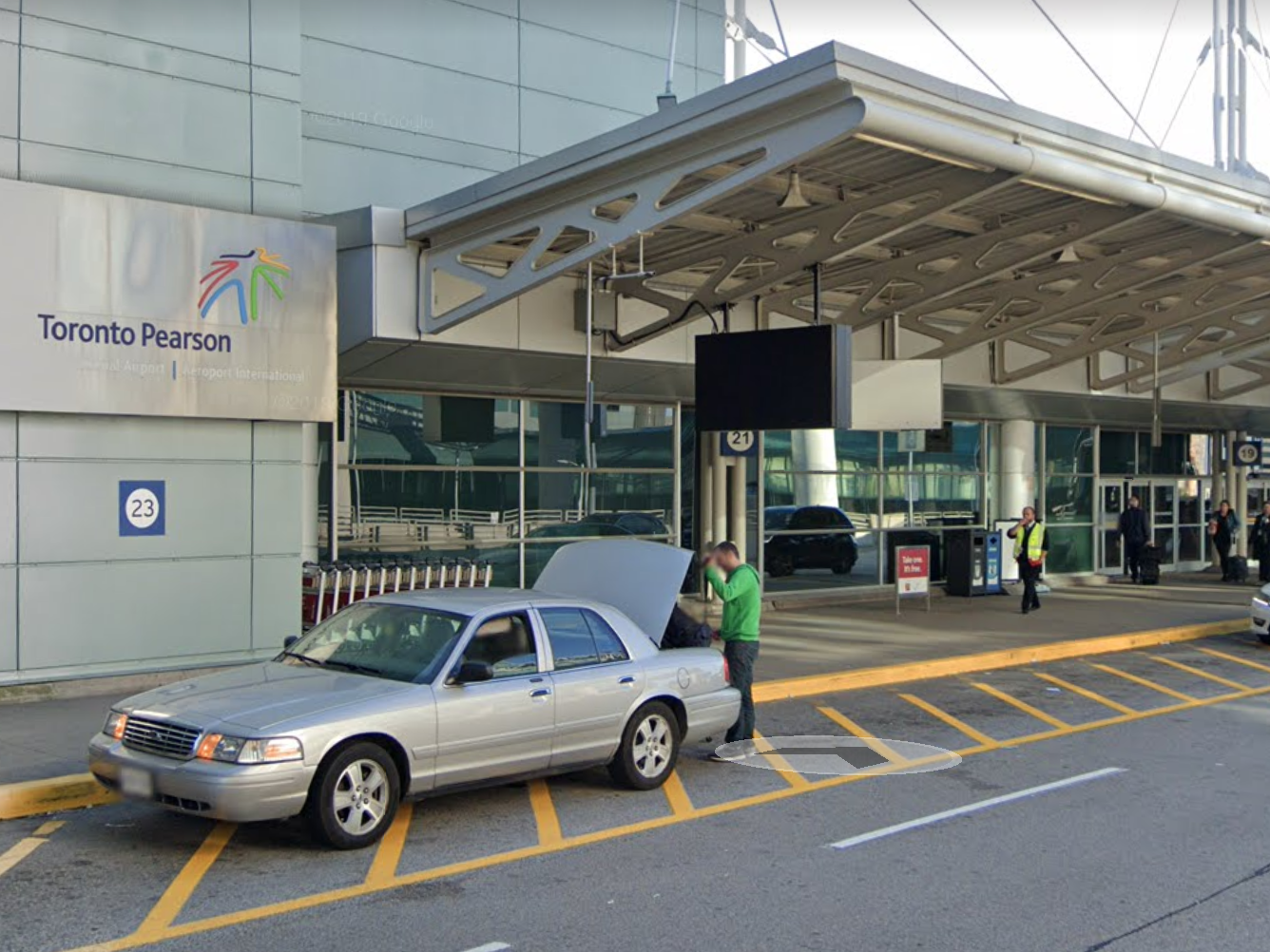Dozens of puppies on flight from Ukraine arrive in Canada dead
Ukraine International Airlines flight carrying approximately 500 young French bulldogs

Your support helps us to tell the story
From reproductive rights to climate change to Big Tech, The Independent is on the ground when the story is developing. Whether it's investigating the financials of Elon Musk's pro-Trump PAC or producing our latest documentary, 'The A Word', which shines a light on the American women fighting for reproductive rights, we know how important it is to parse out the facts from the messaging.
At such a critical moment in US history, we need reporters on the ground. Your donation allows us to keep sending journalists to speak to both sides of the story.
The Independent is trusted by Americans across the entire political spectrum. And unlike many other quality news outlets, we choose not to lock Americans out of our reporting and analysis with paywalls. We believe quality journalism should be available to everyone, paid for by those who can afford it.
Your support makes all the difference.Dozens of dead puppies have been discovered on a passenger plane travelling from Ukraine to Canada.
The Ukraine International Airlines (UIA) flight from Kiev was carrying approximately 500 young French bulldogs, 38 of which were dead upon arrival at Toronto’s Pearson International Airport last Saturday.
The Canadian Food Inspection Agency (CFIA), which is investigating the incident, told The Independent that “many of the dogs were suffering from dehydration, weakness and/or vomiting”.
Animal welfare campaigners allege that the case is merely the tip of a thriving puppy farming business in Ukraine, driven by demand for thoroughbred puppies from unwitting consumers who are unaware of their new pet’s history.
“These commercial operations are run by large puppy mills that house and breed hundreds and thousands of dogs every year in typically unsterile conditions where the dogs are crammed together,” Lucas Hixson of SPCA International told CBC News from Slavutych.
Concerns were first raised in Kiev by purported witnesses at the airport who recorded footage appearing to show a significant number of animal crates being unloaded from a car.
Another person who was at the cargo area of the Toronto airport to pick up her friend’s cat described the scene as a “horror show” and a “nightmare”, taking pictures purporting to show dead puppies in bin bags outside the cargo warehouse the following day.
Describing the scene on Facebook, Abby Lorenzen, a professional show dog handler, said: “Those animals didn’t need to suffer like that. That airline should of never taken on so [many] live animals to begin with.”
In a social media post on Friday, UIA acknowledged the incident, writing: “Everyone at UIA offers its condolences for the tragic loss of animal life on our flight.
“UIA is working with local authorities to determine what happened and to make any changes necessary to prevent such a situation from occurring again.”
However, in an earlier statement to Facebook on Tuesday, screengrabbed by the Global News TV channel before it was deleted, the airline alleged that 24 hours after the incident it had received no official confirmation from Toronto airport or Canadian aviation authorities that animals had died.
The statement acknowledged that some 500 animals had been on board, adding: “UIA regularly undergoes an IOSA operational safety and quality audit, the standards of which govern the transport of live animals in a very strict and rigorous way.”
UIA is a member of the International Air Transport Association, which has voluntary measures intended to restrict the transport of live animals. In Canada, most airlines only allow two animal crates per flight and only fly with caged animals in temperatures below 29.5C, CBC reported.
The Independent has contacted UIA for comment.
“Canada has rigorous standards for animal imports in order to protect Canadian animals from the introduction of serious animal diseases,” the CFIA said, adding that Canada’s dog import requirements are determined by the Health of Animals Act and the Health of Animals Regulations.
“All import requirements must be met before an animal is imported. If an animal does not meet the import requirements, an investigation will be made on the specifics of the case.
“Depending on the results of the investigation, the animal may be ordered to be removed from Canada, monetary penalties may be applied or legal actions may be pursued.”
Join our commenting forum
Join thought-provoking conversations, follow other Independent readers and see their replies
Comments